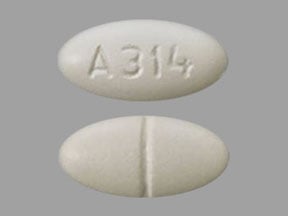
Sabril Coupons & Savings Card – Discount Prices from $2735.73
Brand for: Vigabatrin
My prescription
Edit
500MG, Vigabatrin (100 Tablets)
Select pharmacy

CVS
$12660.51
COUPON PRICE
Albertsons
$2735.73
COUPON PRICE
Walgreens
$4510.00
COUPON PRICE
Walmart
$13644.67
COUPON PRICESabril savings card
Show this card to your pharmacist
Albertsons
$2735.73
BIN
ID
PCN
GRP
019876
LHD6FE3117
CHIPPO
LHX
Powered by
Related anti-epileptics prescriptions
More prescriptions for epilepsy
Related anti-epileptics prescriptions
More prescriptions for epilepsy
Sabril (Vigabatrin) dosage forms
Dosage Quantity Price from Per unit 500MG 100 Tablets $2735.73 $27.36
| Dosage | Quantity | Price from | Per unit |
|---|---|---|---|
| 500MG | 100 Tablets | $2735.73 | $27.36 |
What is the drug Sabril used for?
Sabril is used to treat seizures in individuals with epilepsy, specifically complex partial seizures that have not responded well to other treatments. It is also used to treat infantile spasms in children.
Why was Sabril recalled?
Sabril (vigabatrin) has not been recalled. However, it carries a risk of serious side effects, including permanent vision loss. Due to this risk, it is available only through a restricted program called the SHARE program, which ensures that patients are monitored regularly for vision changes.
Is Sabril the same as vigabatrin?
Yes, Sabril is the brand name for the medication vigabatrin.
Is vigabatrin still used?
Yes, vigabatrin is still used as a medication. It is primarily prescribed for the treatment of certain types of seizures, particularly in cases of refractory epilepsy and infantile spasms. However, due to potential side effects, including vision loss, its use is typically reserved for specific situations where other treatments have not been effective. Regular monitoring of vision is recommended for patients taking vigabatrin.
What is the most serious adverse effect of vigabatrin?
The most serious adverse effect of vigabatrin is permanent vision loss, specifically peripheral vision loss. This risk is significant enough that regular vision monitoring is recommended for patients taking the medication.
